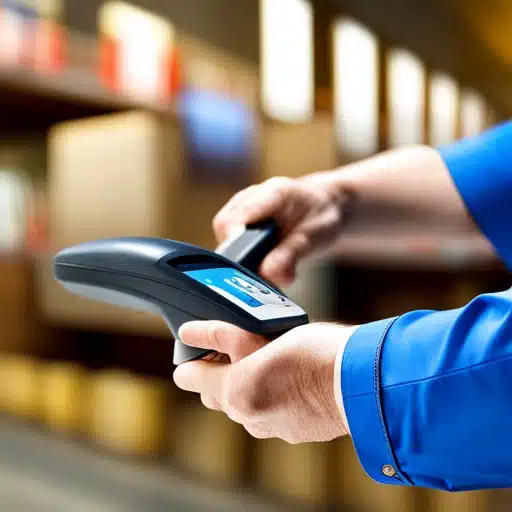Streamlining Inventory Management: Serial Number Tracking in Real-Time POS Systems
In today’s fast-paced retail environment, efficient inventory management is critical to maintaining operational success. One key feature that significantly enhances inventory control is serial number tracking within a retail Point of Sale (POS) system. This article explores the importance of serial number tracking, its benefits, and how it can streamline operations for retailers.
What Is Serial Number Tracking?
Serial number tracking is the process of assigning and managing unique identifiers for individual items in your inventory. These serial numbers allow retailers to track each product from procurement through sale, enabling complete visibility throughout the product’s lifecycle.
Benefits of Serial Number Tracking in POS Systems
- Improved Inventory Accuracy
- With serial number tracking, retailers can precisely account for each product in their inventory. This reduces discrepancies and ensures accurate stock levels.
- Enhanced Theft Prevention
- Serial numbers make it easier to trace and identify specific items, discouraging theft and improving accountability among employees and customers.
- Streamlined Warranty and Returns Management
- Serial numbers help retailers validate warranty claims and process returns more efficiently by identifying the original purchase details.
- Better Supplier and Manufacturer Communication
- In the event of product recalls or defects, serial number tracking allows retailers to quickly locate affected items and coordinate with suppliers or manufacturers.
- Increased Customer Trust
- Providing customers with serialized products enhances their confidence in the authenticity and quality of the items they purchase.
Key Features to Look for in a POS System with Serial Number Tracking
- Ease of Integration
- Choose a system that has Serial Number Tracking within the POS System and communicates with your existing inventory management.
- Real-Time Tracking
- Ensure the system offers real-time updates for inventory levels and sales transactions.
- Comprehensive Reporting
- Look for advanced reporting capabilities to analyze sales trends, stock movements, and potential shrinkage.
- User-Friendly Interface
- A straightforward and intuitive interface ensures ease of use for employees and minimizes training time.
Best Practices for Implementing Serial Number Tracking
- Standardize Procedures
- Establish clear guidelines for assigning and scanning serial numbers during procurement, inventory audits, and sales transactions.
- Train Staff Thoroughly
- Provide comprehensive training to employees on using the serial number tracking features in your POS system.
- Regular Audits
- Conduct routine audits to verify the accuracy of serial numbers in your inventory and identify discrepancies promptly.
- Leverage Automation
- Use barcode scanners or RFID technology to streamline the tracking process and minimize human errors.
Conclusion
Serial number tracking is a powerful tool for retailers looking to enhance their inventory management processes. By integrating this feature into a retail POS system, businesses can improve accuracy, prevent losses, and build stronger relationships with customers and suppliers. As technology continues to evolve, adopting robust serial number tracking capabilities will ensure your retail operation stays competitive and efficient.
Contact Us for a free consultation







